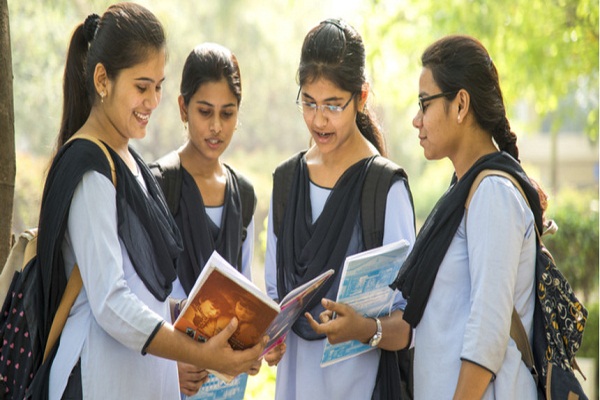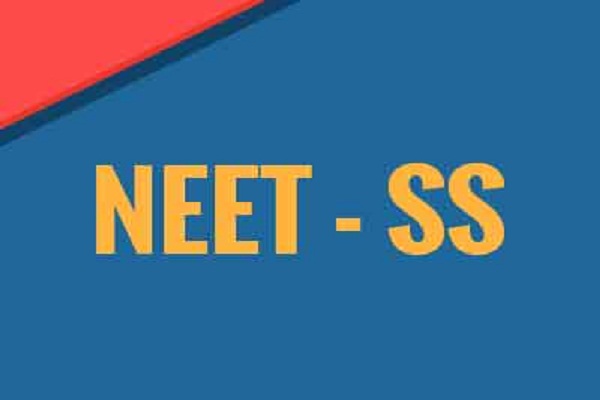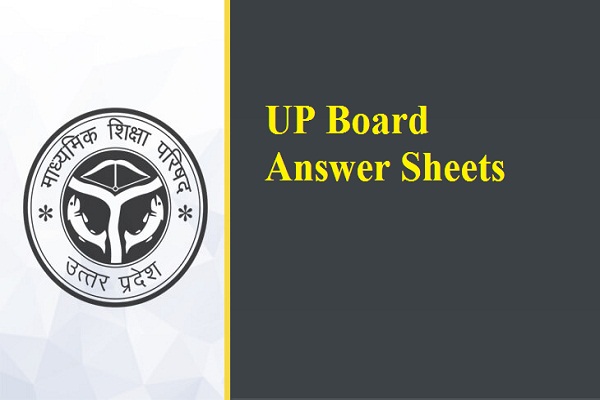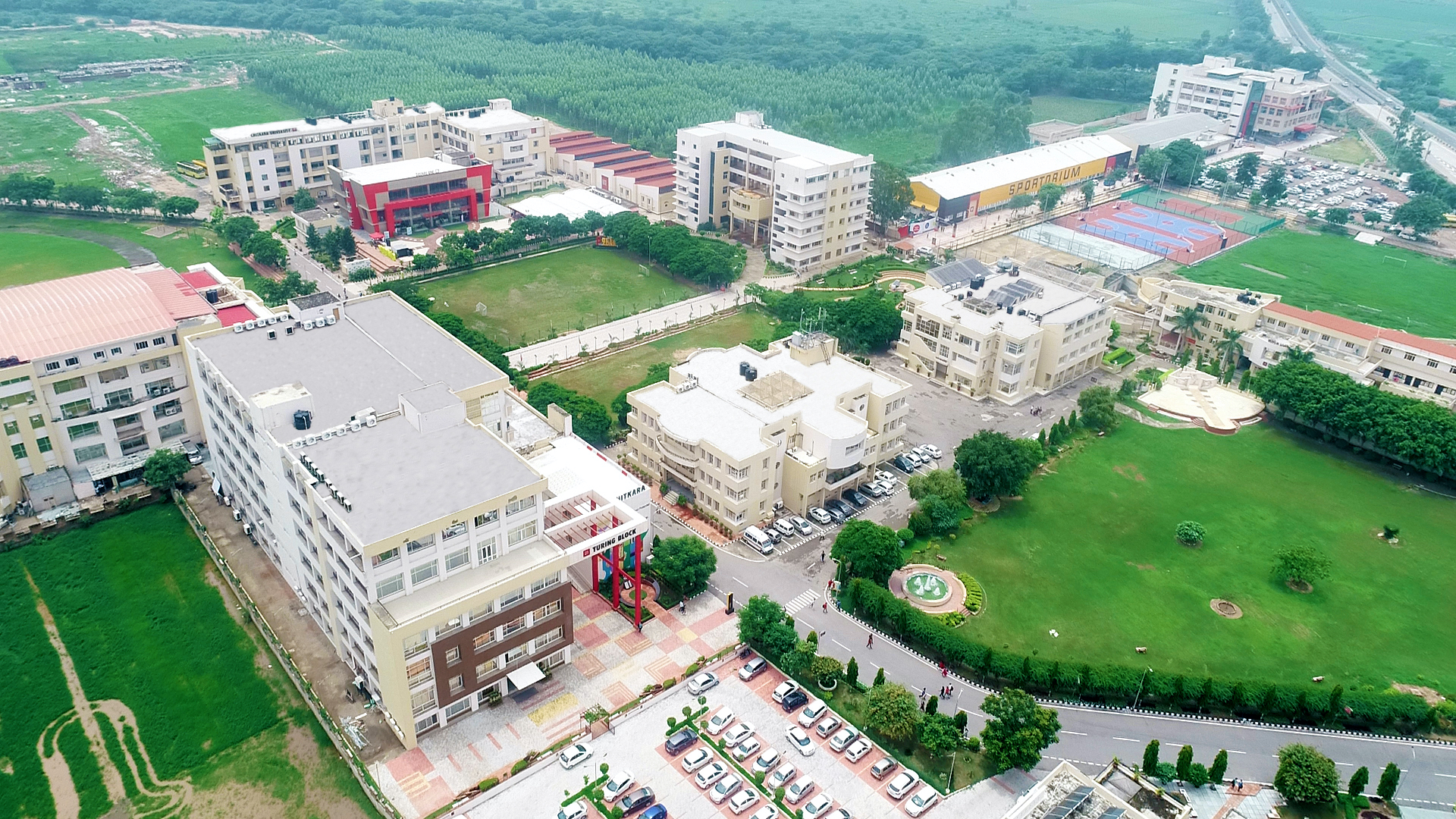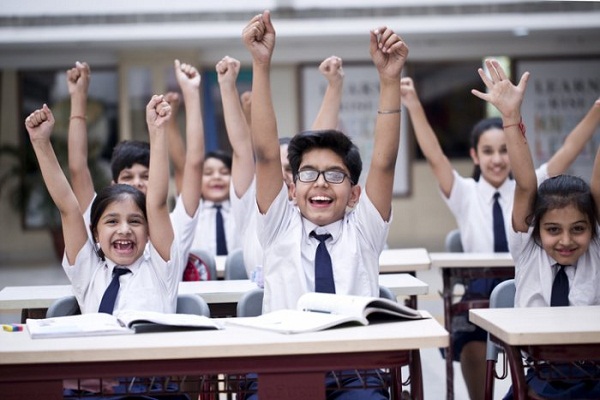Students who have waiting for the Central Board of Secondary Education (CBSE), Class 10 and 12 datesheet have to wait a little more. Union HRD Minister Dr Ramesh Pokhriyal ‘Nishank’ said the ministry will announce the date sheet for pending CBSE Class 10 and Class 12 board examinations by Monday.
The CBSE datesheet was supposed to be released at the official website at cbse.nic.in at 5pm on Saturday.
The HRD Minister took Twitter to announce that, “CBSE is taking into consideration some additional technical aspects before finalizing the datesheets of the board exams of classes 10th and 12th, due to which, the datesheets will now be released by Monday i.e. 18-05-2020. Inconvenience caused is sincerely regretted.”
Earlier, the CBSE had announced that the pending Board exams will be conducted between July 1 to15. The board had issued a notification about it on its official website cbse.nic.in.
Students belonging to the northeast Delhi region will have to write the paper for six subjects for Class 10. The subjects are Hindi Course A, Hindi Course B, English Communication, English Language and Literature, Science and Social Science.
However, CBSE fake date sheet is being circulated on the social media platforms. CBSE has asked students to follow the official site for further notice.
सीबीएसई बोर्ड परीक्षाओं की डेटशीट को अंतिम रूप देने से पहले कुछ अतिरिक्त तकनीकी पहलुओं को ध्यान में रख रहा है, इस वजह से आज 5 बजे होने वाली कक्षा 10 वीं और 12 वीं परीक्षा की डेटशीट की घोषणा अब सोमवार (18-05-2020) तक होगी।@PMOIndia @HMOIndia @HRDMinistry @SanjayDhotreMP
— Dr Ramesh Pokhriyal Nishank (@DrRPNishank) May 16, 2020








